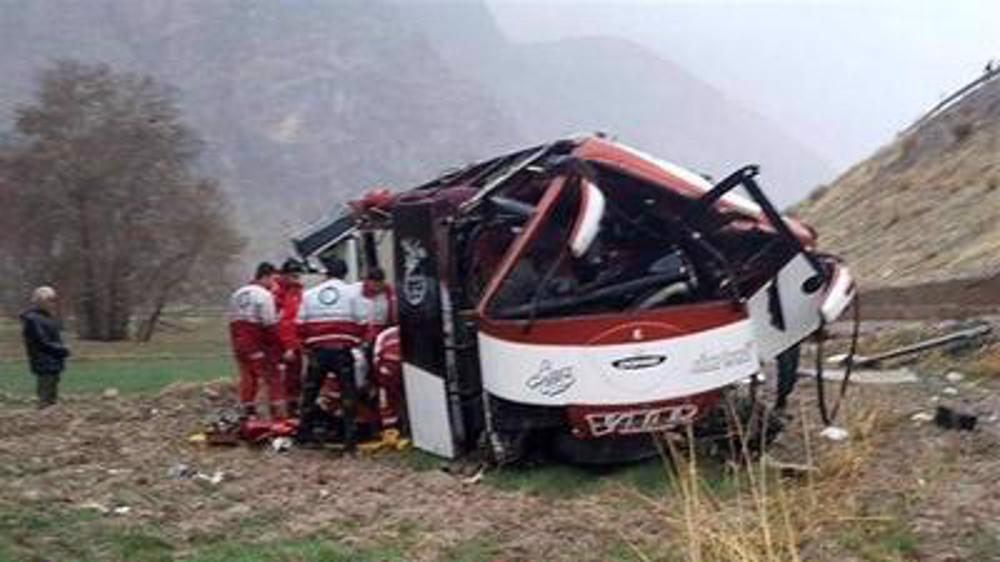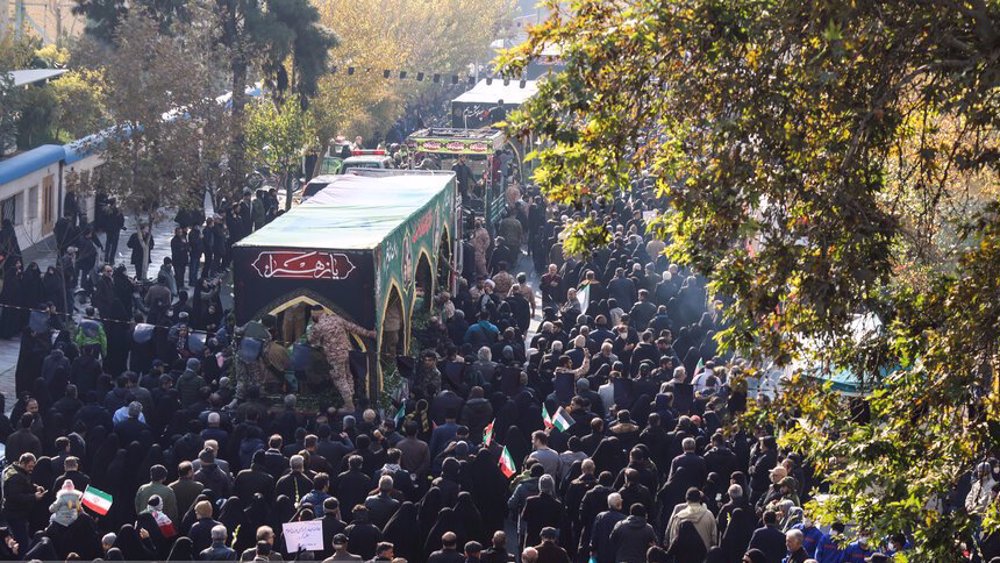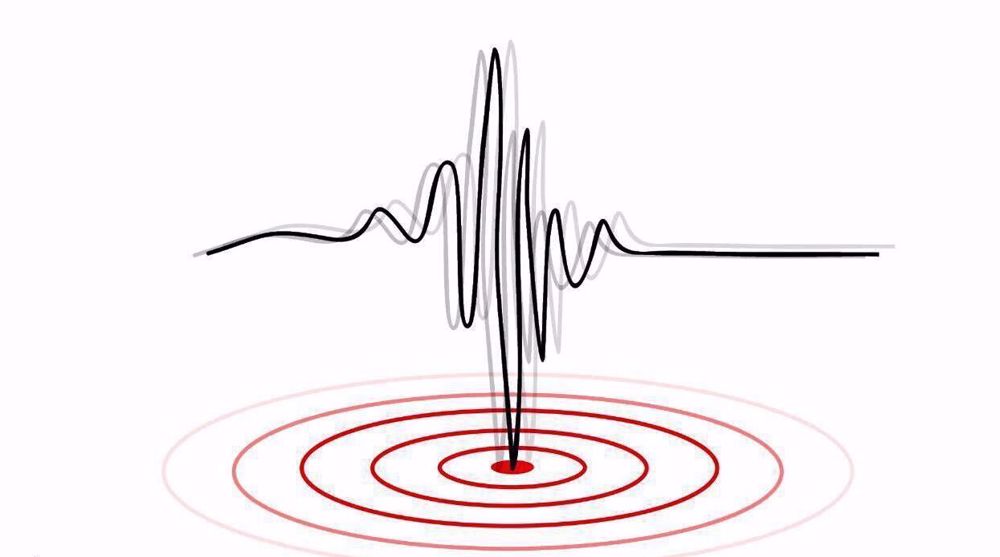Iranian people join armed forces to aid flood-hit provinces
Iranian people from all walks of life are joining the government and the armed forces in a nationwide relief campaign to help thousands of fellow countrymen and women affected by historic floods in two northern provinces.
Over 56,000 people have been affected in various cities and rural areas in Golestan and Mazandaran as a result of heavy rainfall that hit the two provinces on March 19 and 20. The severe flooding has so far killed at least five people.
On Monday, Iranian social media users launched an online effort using the Persian hashtag #رفیق_گلستان_باشیم (Let’s be friends with Golestan) in coordination with the Imam Khomeini Relief Foundation (IKRF).

The campaign is aimed at raising money and gathering basic commodities required to start the reconstruction and rehousing operations. IKRF offices around the country are ready to receive the aid items and deliver them to the flooded areas.
The Iranian Red Crescent Society, a non-governmental organization (NGO), launched a similar campaign on Sunday.

On Saturday, Leader of the Islamic Revolution Ayatollah Seyyed Ali Khamenei called on officials and the nation to assist the flood-affected people.
The Leader’s official website has since been updated with a new feature that allows direct contribution to relief efforts.

Iranian celebrity figures have also joined in on the effort by encouraging their huge online fanbase to help relieve the difficult situation.
It was reported on Monday that donors have already contributed large sums of money to speed up the reconstruction process in Mazandaran.

Senior official Kamal Akbari said the Ministry of Interior had received numerous requests from NGOs offering voluntary aid services in flood-hit areas, adding they will begin their work from Tuesday.
Armed forces at work
Major General Mohammad Baqeri, the chairman of the joint chiefs of staff of the Iranian armed forces, said Saturday that he had ordered additional and coordinated efforts to help the relief campaign.

He has authorized commanders in the Islamic Revolution Guards Corps (IRGC), the Iranian army, police, and the defense ministry to use forces under their command to provide “full and organized” assistance in flood-hit areas in a coordinated manner.
Baqeri has appointed his deputy, Major General Ataollah Salehi, as the field commander at the head of a group of high-ranking military chiefs to coordinate relief efforts between the armed forces and civilian organizations on the ground.
Interior Minister Abdolreza Rahmani Fazli, who has been touring the flood-hit regions, told reporters that relief efforts have been going forward at a strong pace thanks to coordination among all sides.
Authorities in Aqqala, one of the cities hardest hit by flooding, said they had to detonate a small part of the railway network in the area in order to speed up drainage and prevent greater damage to the tracks.

During the operation, explosives were placed underneath the tracks to help drain the flood waters.
According to local officials, no parts of the tracks were damaged in the explosion and the network would resume operations soon.
Israel provides full support for theft of aid to starve Gazans: Report
'Israel booby-trapped walkie-talkies, pagers years before Lebanon blasts'
Gaza Health Ministry calls for urgent intl. help to protect hospitals amid Israeli genocide
Stakes involved in Iran’s partnership with Eurasian Union
VIDEO | Press TV's news headlines
Iran says ‘ready’ to reopen embassy in Syria, holds talks with Damascus
VIDEO | 12 people killed in ammunition factory blast in northwest Turkey
Iraq’s PMU masses resistance forces on border with Syria amid mounting concerns











 This makes it easy to access the Press TV website
This makes it easy to access the Press TV website